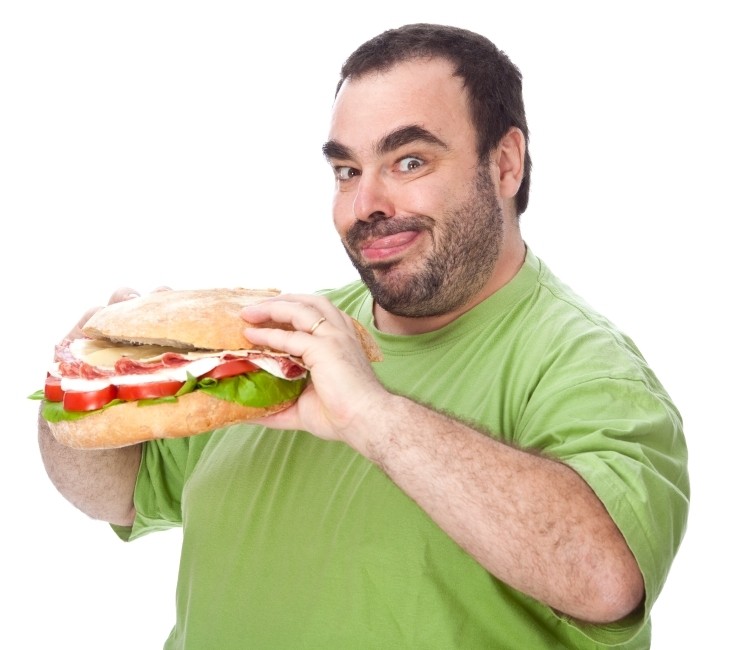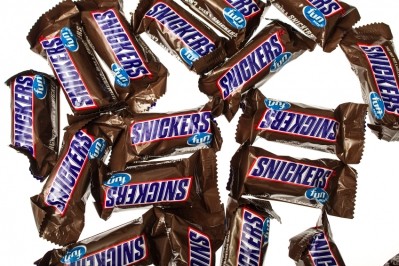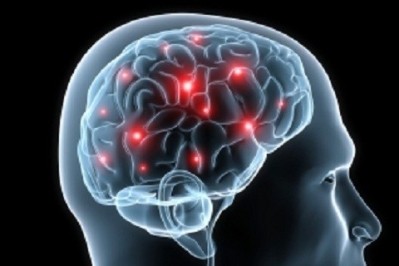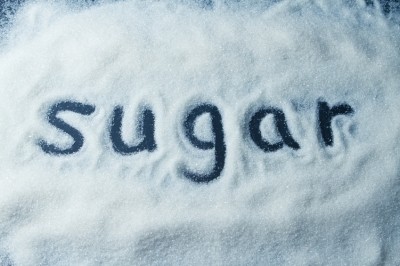Eating can be addictive - but sugar and fat are not like drugs: Review

The study, published in Neuroscience & Biobehavioral Reviews, examined the scientific evidence for food addiction as a substance-based addiction similar to that seen with an addiction to drugs – finding that while the process of eating food can be addictive, the brain does not respond to nutrients in the same way as it does to addictive drugs such as heroin or cocaine.
It suggested instead consumers were motivated by the positive feelings they associated with eating. As such the researchers said it was more accurate to categorise the behavioural disorder of over-eating with addictions to things like gambling.
The research concluded that the term ‘food addiction’ was a “misnomer because of the ambiguous connotation of a substance related phenomenon”. Instead they proposed the term ‘eating addiction’ to stress the behavioural addiction to eating, suggesting future research should try to define criteria for the diagnosis of an eating addiction.
One of the researchers, Professor Suzanne Dickson, said: "There has been a major debate over whether sugar is addictive. There is currently very little evidence to support the idea that any ingredient, food item, additive or combination of ingredients has addictive properties."
‘Cravings’ for ‘addictive’ foods
Dr John Menzies, another of the researchers behind the study, said: "People try to find rational explanations for being over-weight and it is easy to blame food.
"Certain individuals do have an addictive-like relationship with particular foods and they can over-eat despite knowing the risks to their health. More avenues for treatment may open up if we think about this condition as a behavioural addiction rather than a substance-based addiction."
The report suggested that there had been a glut of misassumptions in the public and media surrounding food addictions, with terms like “addictive” and “chocoholic” and “craving” becoming standard.
However, it said it was “premature to conclude validity of the food addiction phenotype in humans from the current behavioural and neurobiological evidence gained in rodent models”.
Taking responsibility
The researchers suggested discussions on ‘eating addiction’, currently in its infancy, should ultimately engage politicians and industrial stakeholders, as well as the public, to “overcome the potential risk of becoming ‘eating addicted’ to industrially processed food highly enriched with carbohydrates, salt or fat.”
They said one key problem with the current framing of this discourse was that a food addiction seemed more like a “passive process which simply befalls an individual”, as opposed to an eating addiction which placed more emphasis on behavioural patterns.
Source: Neuroscience & Biobehavioral Reviews
Available online ahead of print, doi: 10.1016/j.neubiorev.2014.08.016
““Eating addiction”, rather than “food addiction”, better captures addictive-like eating behavior”
Authors: J. Hebebrand, Ö. Albayrak, R. Adan, J. Antel, C. Dieguez, J. de Jong, G. Leng, J. Menzies, J. G. Mercer, M. Murphy, G. van der Plasse, S. L. Dickson















